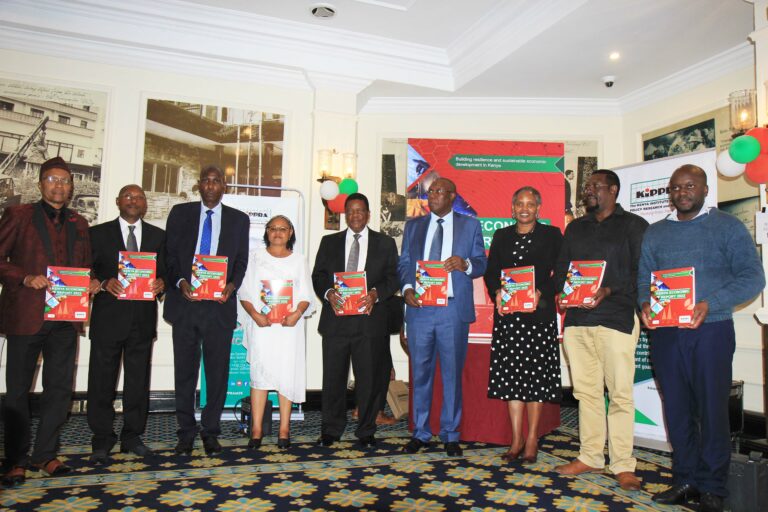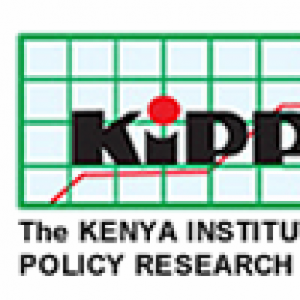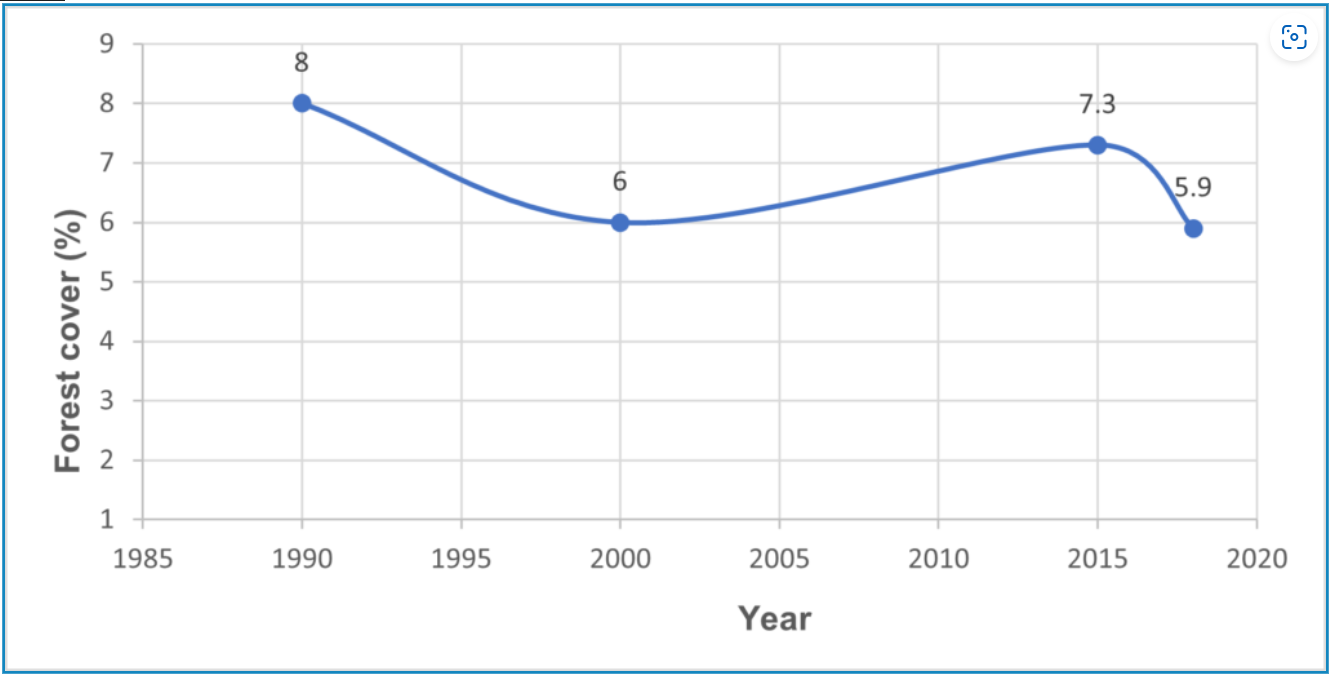KIPPRA launched the Kenya Economic Report (KER) 2022 on 21st December 2022 in Nairobi. The KER is prepared pursuant to the KIPPRA Act No. 15 of 2006, Section 23(3), which mandates the Institute to prepare an annual report on Kenya’s economic performance and prospects for the medium term.
The colourful event was attended by more than 100 stakeholders from various government, non-government, civil society, and media organizations.
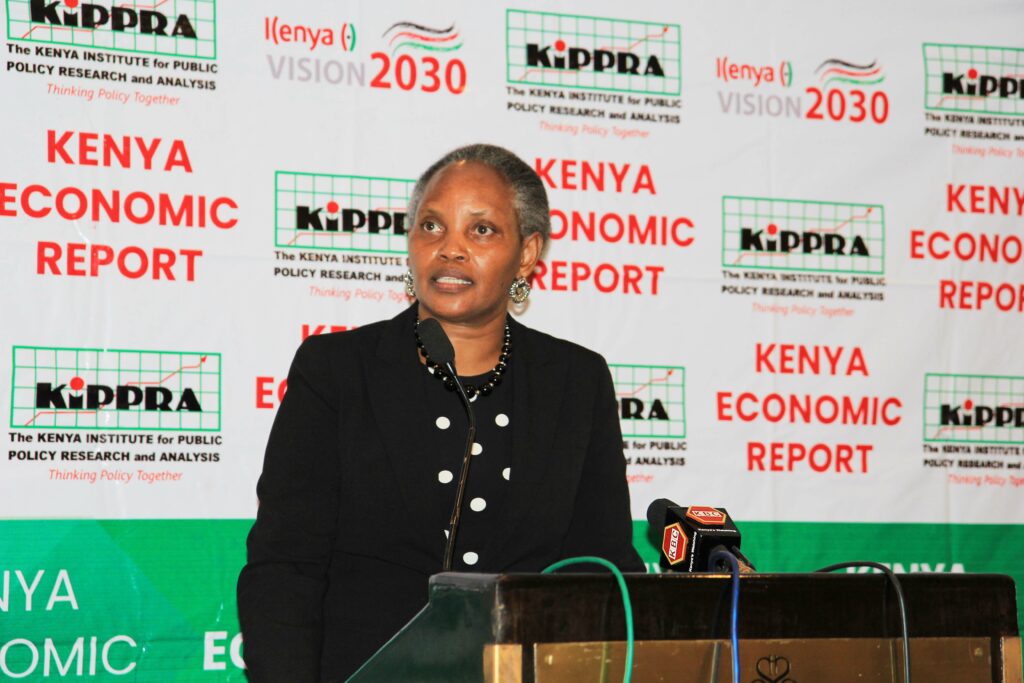
In her opening remarks, the KIPPRA Executive Director Dr Rose Ngugi thanked all the stakeholders for their input in the rigorous process of preparing the annual report, noting that this year’s report was the 14th edition since the first one launched in 2009. Dr Ngugi said the focus and theme of the report, “Building Resilience and Sustainable Economic Development in Kenya,” was timely and would contribute to efforts by the Government to ensure the economy remains resilient and maintains momentum in the recovery path. She added that the KER provides evidence-based recommendations to support policy initiatives to mitigate the impacts of shocks and stressors at sectoral and macroeconomic levels for realization of high and sustainable economic development.
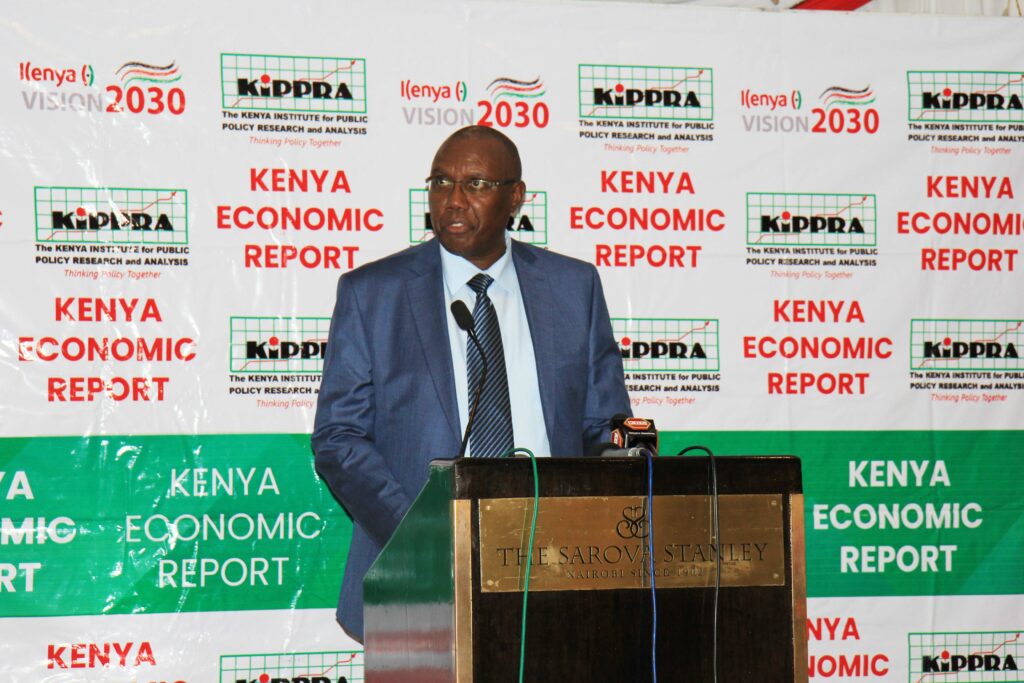
The KIPPRA Board Chair Dr Benson Ateng’ noted that the KER seeks to promote evidence-based public policy making, considering development priorities and emerging policy issues in the country. He also appreciated all the partners and the Government for the continuous support accorded to KIPPRA.
Mr Zackary Mwangi, Director of Macroeconomic Division at the State Department of Economic Planning gave the keynote address on behalf of the National Treasury and Economic Planning Cabinet Secretary Prof. Njuguna Ndung’u. Mr Mwangi lauded KIPPRA for preparing the timely report, noting resilience was paramount, considering the frequency of shocks and stressors the country is increasingly experiencing. He added that besides the COVID-19 pandemic, the economy is prone to climate change, election cycles, pests and diseases, global commodity price fluctuations, global economic downturns and geo-political tensions.
Dr Ngugi later presented a summary of the report, which included highlights of recent trends and developments in macroeconomic performance as well as the medium-term economic prospects for Kenya. She also gave highlights of the sub-themes covered by the report including: building a resilient manufacturing sector for sustainable development; building a resilient economy through trade; enhancing a resilient and sustainable livestock industry in Kenya; building resilience through the digital economy; leveraging Science, Technology and Innovation for building a resilience a resilient knowledge-based economy; entrenching a resilient creative economy; the role of national values in enhancing socio-economic resilience and good governance in building resilience. The report also provides policy recommendations towards sustainable development through building resilience across the highlighted sectors.
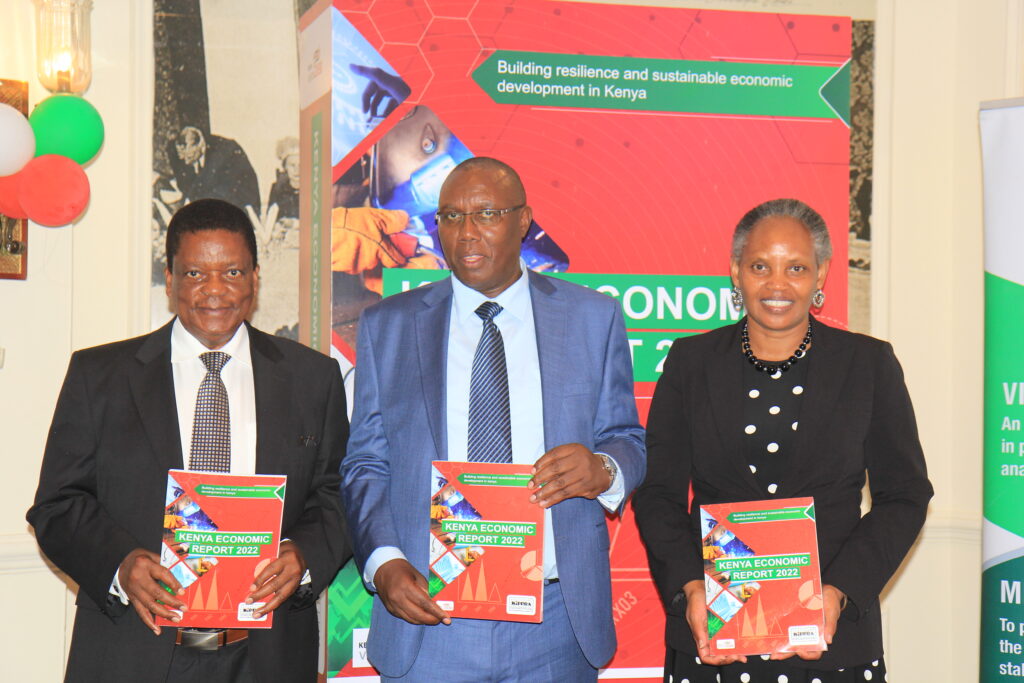
The climax of the event was the ceremonial unveiling and launch of the report and thereafter a display of the main report of the KER by the key guests at the event. Apart from the main report, a popular version and a policy brief with the same theme were launched. The three can be reports can be accessed through the link: https://kippra.or.ke/kenya-economic-report/



